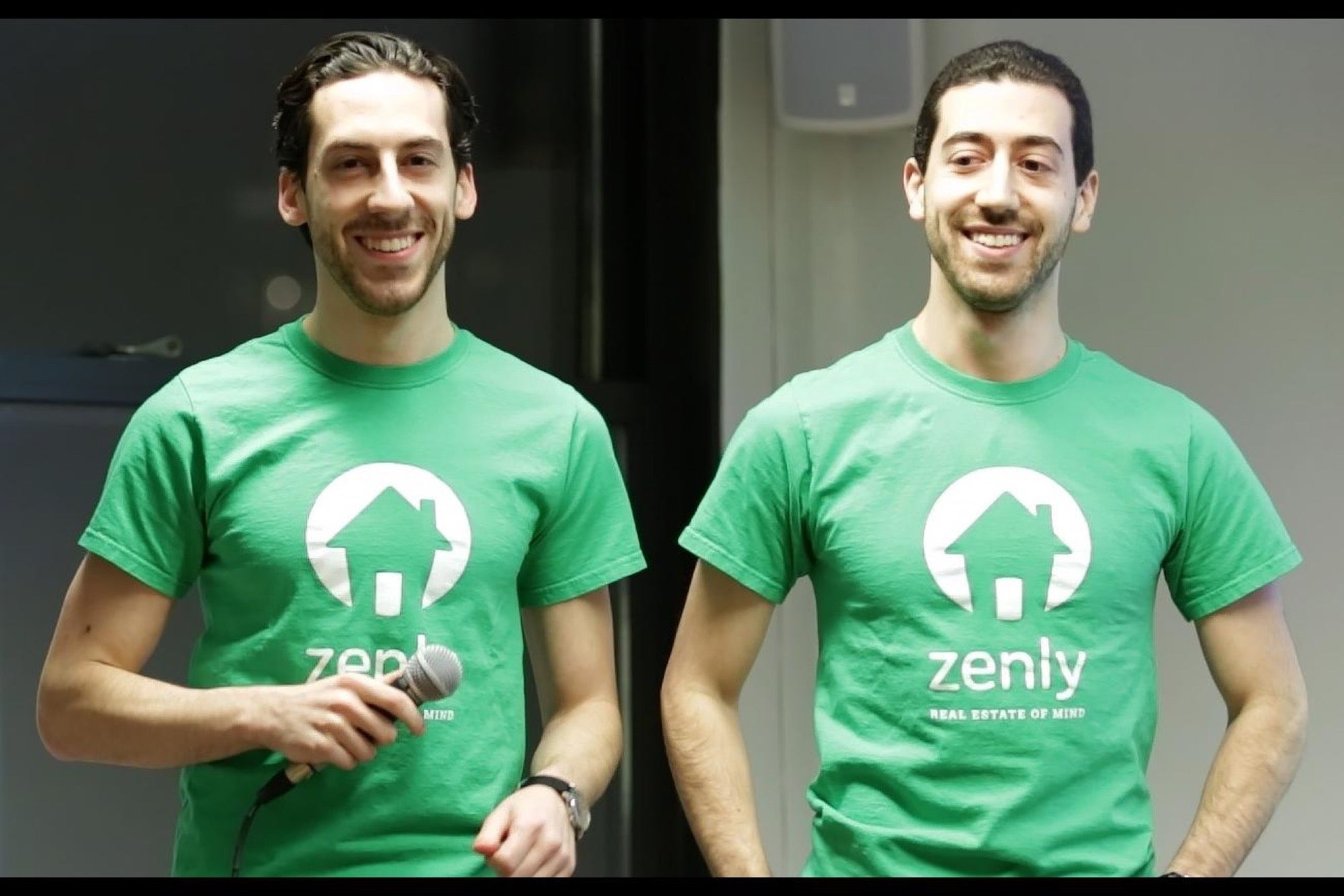How the Top VCs Want to Be Pitched Five top guys tell you exactly what they want to hear -- and what they don't.
By Rahul Varshneya Edited by Dan Bova
Opinions expressed by Entrepreneur contributors are their own.

When you're preparing to pitch to a venture capitalist, you'll likely look for resources that tell you what constitutes a great pitch. And, sure, you'll find many expert tips on the best and most effective pitches. But have you stopped to think what the VCs themselves think?
Related: How To Show Investors Your Startup Is Worth Sinking Money Into
Aren't the best people to tell you what a really good pitch comprises the VCs themselves?
Because they are the people at the receiving end who get pitched all the time from entrepreneurs, here are five top venture capitalists baring all about what will make them sit up and take notice.
1. Dave McClure, 500 Startups
In an interview published on Bootstrap Academy, Dave McClure, founder of 500 Startups (an Internet seed fund and accelerator, said: Usually, what I recommend to entrepreneurs is to focus on telling the problem first, about the customer or the person who has that problem. Some basic tips are, just if you already have some amount of significant traction with customers, either in usage or in revenue, you should very quickly try and get that clearly out.
We often say if you have traction, lead with traction. Talk about specific customers, usage numbers, revenue metrics -- anything like that that really is clearly explicit and factual. Get that out in front early. If you don't have that, maybe talk about customers who have problems and what they would be interested in seeing solved.
2. Tomasz Tunguz, Redpoint
In a blog post, Tomasz Tunguz, a venture capitalist at Redpoint, talked about the secret ingredient to the best startup fundraising pitches.
The most successful pitches, Tonguz wrote, argue [that] the market will unfold inexorably in the way the founders envision, on a relevant time scale. And, that this startup in particular will dominate share in that new world.
There is no prescriptive way I can recommend to consistently argue inevitability, Tonguz continued. Some founders use data. Others use logic. Still others use emotion and passion to do it. But in the end, these exceptional storytellers make you want to believe, suspend doubt and disregard the great risks that all startups face all along their journey, and get involved with the business.
The best resource Tunguz said he'd found "for understanding the techniques of great storytellers," is Nancy Duarte's book, Resonate.
Related: 4 Insider Tips From VCs
3. Douglas Leone, Sequoia Capital
Douglas Leone is a managing partner at Sequoia Capital, and he recently spoke to Stanford Graduate School of Business students, saying that to walk away with seed money, you should start out by being on time, turning off your mobile phone (setting it to vibrate does not count), and not wastng his time by displaying ignorance of your target market.
He talked about what not to say in a pitch meeting, using phrases like "It's a hot market" or "It's a big market" or "All we've got to get is 3 percent, and we're going to be a big company." Such phrases are a mistake, said Leone, adding, Markets don't work that way. Winners take 70 percent. Don't bring a presentation that includes 23 slides on the product and just two on the market.
Crystal clear thinking is one of the things we look for, Leone said, not a fancy slide pitch, but crystal clear thinking. He said he pays careful attention to little words, listening for "we" instead of "I": When someone says, "I can ship you this thing," it's a little warning flag.
4. Marc Andreessen, Andreessen Horowitz
Marc Andreessen, co-founder of Andreessen Horowitz (also known as a16z), said in an interview with The New Yorker: Start at the beginning, where you grew up. It's a stress test intended to elicit biography, resilience and the real story.
He continued: A16z wants to learn if the founder has a secret -- a novel insight, drawn from personal experience, about how the world could be better arranged. If that new arrangement is 10x better, consumers might be won over.
5. Paul Graham, Y Combinator
Paul Graham, founder of Y Combinator, wrote in one of his essays: Say what you're doing as soon as possible, preferably in the first sentence: "We're Jeff and Bob and we've built an easy-to-use web-based database. Now we'll show it to you and explain why people need this."
Your primary goal is not to describe everything your system might one day become, Graham continued, but simply to convince investors you're worth talking to further. So, approach this like an algorithm that gets the right answer by successive approximations. Begin with a description that's gripping but perhaps overly narrow; then flesh it out to the extent you can.
It isn't just about the product and the market: If you're not able to communicate and convince your audience, you're not going to get much from them even if your product serves the needs of the customers.
Related: 7 Keys to a Compelling Executive Summary That Wins Over Investors








